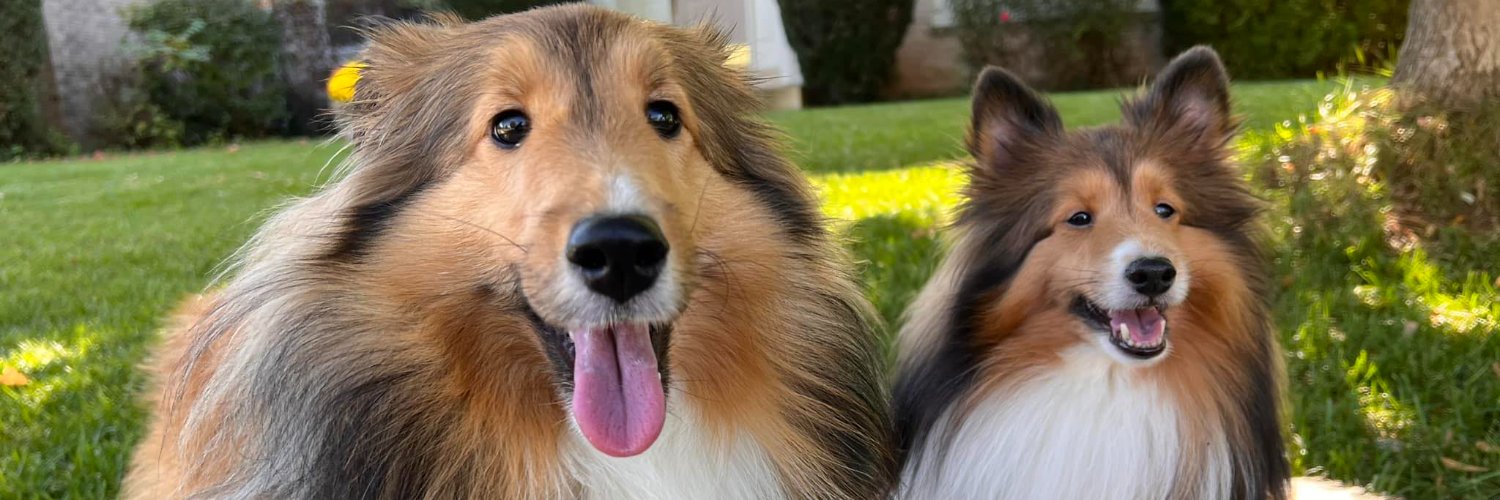
-
the practice of taking someone else’s work or ideas and passing them off as one’s own.“there were accusations of plagiarism”
Plagiarism is the representation of another author‘s language, thoughts, ideas, or expressions as one’s own original work.[1][2] In educational contexts, there are differing definitions of plagiarism depending on the institution.[3] Plagiarism is considered a violation of academic integrity and a breach of journalistic ethics. It is subject to sanctions such as penalties, suspension, expulsion from school[4] or work,[5] substantial fines[6][7] and even imprisonment.[8][9]
SOURCE: Plagiarism – Wikipedia
Whether it’s
- a photograph on Facebook or Twitter,
- a meme that’s being reposted or shared on Slack, Facebook, Twitter, or email,
- source code being discussed, repurposed, or reused from Sourceforge, Github, Gitlab, StackOverflow,
- images, quotes, works of art, or documentation anywhere on the internet,
I know that both myself and others are guilty of re-using, sharing, or presenting others’ efforts as if they were our own or appearing to others as if they were our own. I’ve been in heated debates with co-workers, friends, and family as they took the efforts of others and posted it without accrediting the source. I get especially upset when I see watermarks cropped out, new text or logos slapped on it as if the new re-user was the original author or creator, or when the original source is obscured.
And yet I’m guilty of all these things myself…
“So, if you know better, BE better.”
That was the sage advice given to me by a random Twitter user that I never met before and never spoke with since. Even if I’m alone in researching the sources of memes, quotes, documentation, or source code, I do know better, so I need to make the effort (even if I make mistaken attributions, I need to make the effort to reference my sources).
Documenting your sources is like writing documentation when writing code or working as a developer or engineer. It doesn’t come easily, and it’s easy to ignore, but it’s rewarding and makes life better for others in the long run. We apply the rules of plagiarism to scholarly articles, but we don’t hold ourselves (or I don’t hold myself) to the same standards when talking on Facebook, Twitter, Slack, or my blog, but I do know better and I could be better, so I need to make the effort to do better.
If I fall short of that integrity or journalistic standards, feel free to hold my feet to the fire. I’ll source and document my sources in my work, my articles, and my blog.
